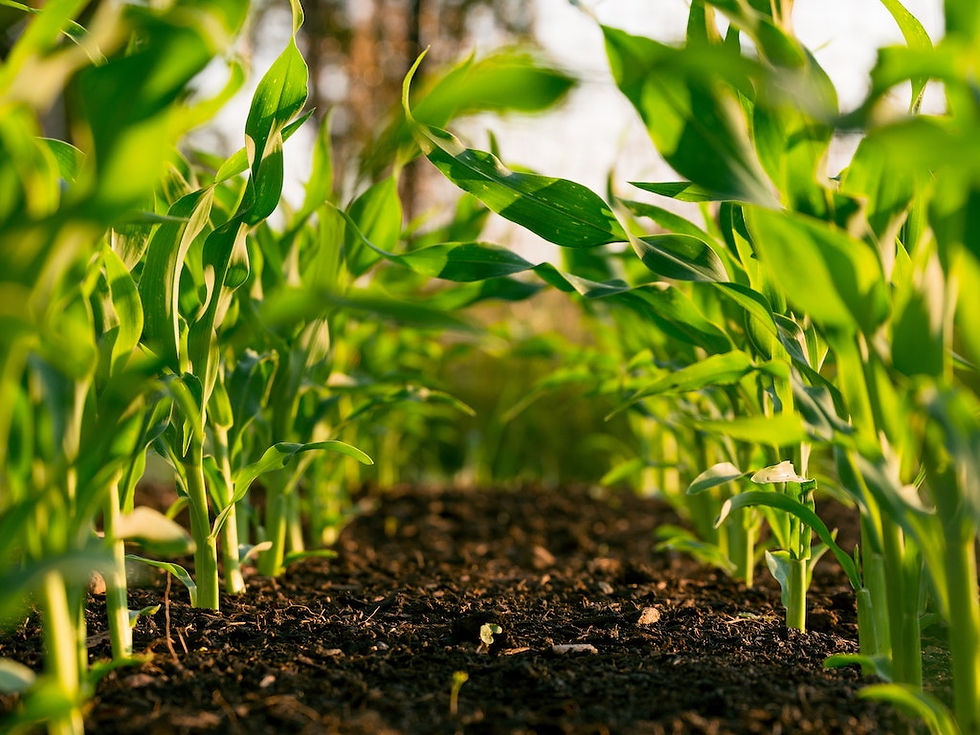The Role of Cocopeat in Sustainable Agriculture
- Avery Campbell
- Mar 27, 2023
- 2 min read
Updated: Apr 4, 2023

Sustainable agriculture involves using farming methods that are environmentally friendly, socially responsible, and economically viable. Cocopeat is a by-product of the coconut industry that can play a significant role in sustainable agriculture. In this blog, we will explore the role of cocopeat in sustainable agriculture.
1. Reduces Waste
Cocopeat is a by-product of the coconut industry, which would otherwise be considered waste. By using cocopeat as a growing medium, farmers can reduce the amount of waste generated and minimize the environmental impact of coconut production.
2. Improves Soil Quality
Cocopeat has a high water-holding capacity and can improve soil structure by promoting air circulation and water drainage. This can improve the overall health of soil and enhance plant growth. Additionally, cocopeat contains natural nutrients that can benefit plants and reduce the need for synthetic fertilizers.
3. Reduces Water Usage
Cocopeat has the ability to hold up to 10 times its weight in water, which can reduce water usage in agriculture. By using cocopeat as a growing medium, farmers can reduce the amount of water needed for irrigation and conserve water resources.
4. Enhances Biodiversity
Cocopeat can promote a healthy soil ecosystem by providing a habitat for beneficial microorganisms and insects. This can enhance biodiversity in agriculture and reduce the need for synthetic pesticides.
5. Increases Crop Yields
Cocopeat can improve soil quality and provide plants with natural nutrients, which can increase crop yields. Additionally, using cocopeat as a growing medium can help to reduce plant stress and improve overall plant health.
6. Supports Local Economies
Cocopeat production can support local economies by providing job opportunities and creating new markets for coconut by-products. Additionally, using cocopeat in agriculture can reduce the need for costly synthetic fertilizers and pesticides, which can benefit farmers financially.
Conclusion
In conclusion, cocopeat can play a significant role in sustainable agriculture. By reducing waste, improving soil quality, reducing water usage, enhancing biodiversity, increasing crop yields, and supporting local economies, cocopeat can contribute to a more sustainable and environmentally friendly agricultural system. By incorporating cocopeat into their farming practices, farmers can promote sustainable agriculture and minimize their environmental impact.

Commentaires